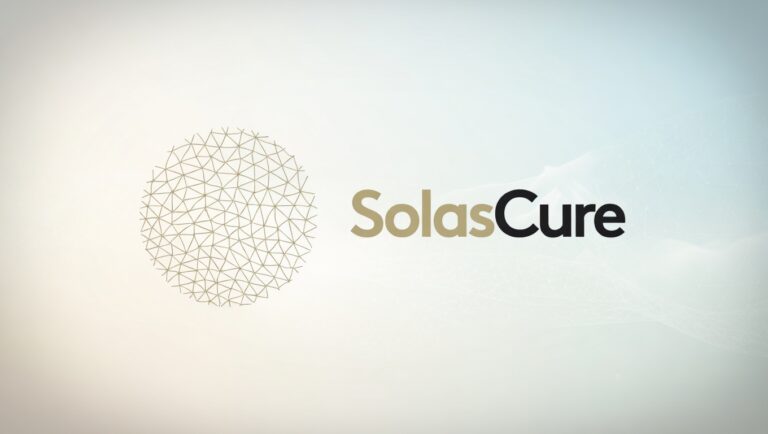
Arrowhead Pharmaceuticals today presented updated results from the Phase 2 SEQUOIA clinical study of investigational fazirsiran (TAK-999/ARO-AAT) for the treatment of liver disease associated with alpha-1 antitrypsin deficiency (AATD-LD). The SEQUOIA Phase 2 data are consistent with the promising results from an open-label Phase 2 trial of fazirsiran (AROAAT2002) that were published in The New England Journal of Medicine. Takeda (TSE:4502/NYSE:TAK) and Arrowhead are further investigating fazirsiran in the ongoing pivotal Phase 3 REDWOOD clinical study which is actively recruiting a total of 160 patients.
The updated Phase 2 clinical data were presented at the European Association for the Study of the Liver (EASL) Congress 2023 in an oral presentation titled, “Fazirsiran reduces liver Z-alpha-1 antitrypsin synthesis, decreases globule burden and improves histological measures of liver disease in adults with alpha-1 antitrypsin deficiency: a randomized placebo-controlled phase 2 study,” which may be accessed on the Events and Presentations page under the Investors section of the Arrowhead website.
“The clinical results from the Phase 2 SEQUOIA study of fazirsiran were clear and compelling. Fazirsiran treatment demonstrated a substantial effect on several key markers of liver disease,” said Javier San Martin, M.D., chief medical officer at Arrowhead. “Together with our partners at Takeda, we are now conducting the Phase 3 REDWOOD study to further investigate fazirsiran’s potential in patients with AATD-LD and F2 to F4 liver fibrosis.”
Key findings from the SEQUOIA study include the following:
- Fazirsiran reduced serum Z-AAT concentration in a dose-dependent manner
- At week 48, patients receiving 25, 100, or 200 mg fazirsiran (n=16) achieved serum Z-AAT reductions of 74%, 89%, and 94%, respectively, versus an increase of 9% observed in patients receiving placebo (n=9)
- Fazirsiran significantly reduced liver Z-AAT
- Patients receiving 200 mg fazirsiran achieved a least-squares mean percentage difference (95% CI) versus placebo at post-dose biopsy of -141% (p = 0.0004)
- Fazirsiran consistently reduced hepatic globule burden
- 100% of patients in the pooled fazirsiran treatment group achieved at least a 1-point improvement in PASD-positive globule burden
- Fazirsiran treatment reduced histological signs of hepatic inflammation
- 42% of patients in the pooled fazirsiran treatment group achieved at least a 1-point improvement in portal inflammation versus 0% in the placebo group
- 67% of patients in the pooled fazirsiran treatment group achieved at least a 1-point improvement in interface hepatitis versus 0% in the placebo group
- 50% of the pooled fazirsiran treated patients showed at least a 1-point improvement in METAVIR liver fibrosis versus 38% in the placebo group
- Fazirsiran has been well tolerated to date
- No treatment-emergent adverse events related to study drug causing discontinuation, dose interruptions or premature study withdrawals
- Treatment emergent adverse events reported to date generally well balanced between fazirsiran and placebo groups
- Pulmonary function test results (FEV1 and DLCO) for both fazirsiran and placebo were stable over time with no apparent dose-dependent effects.
Source: https://www.businesswire.com/




